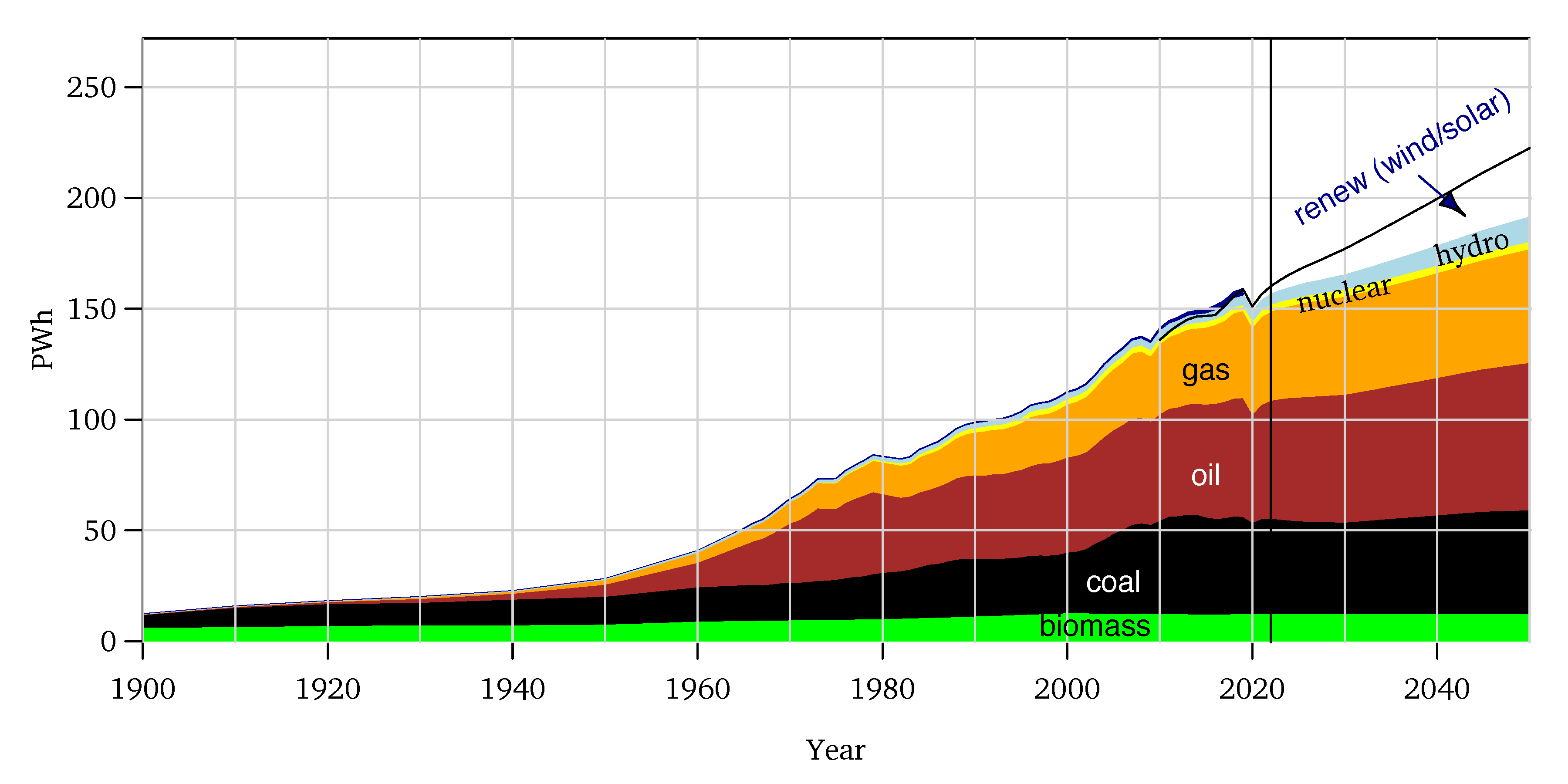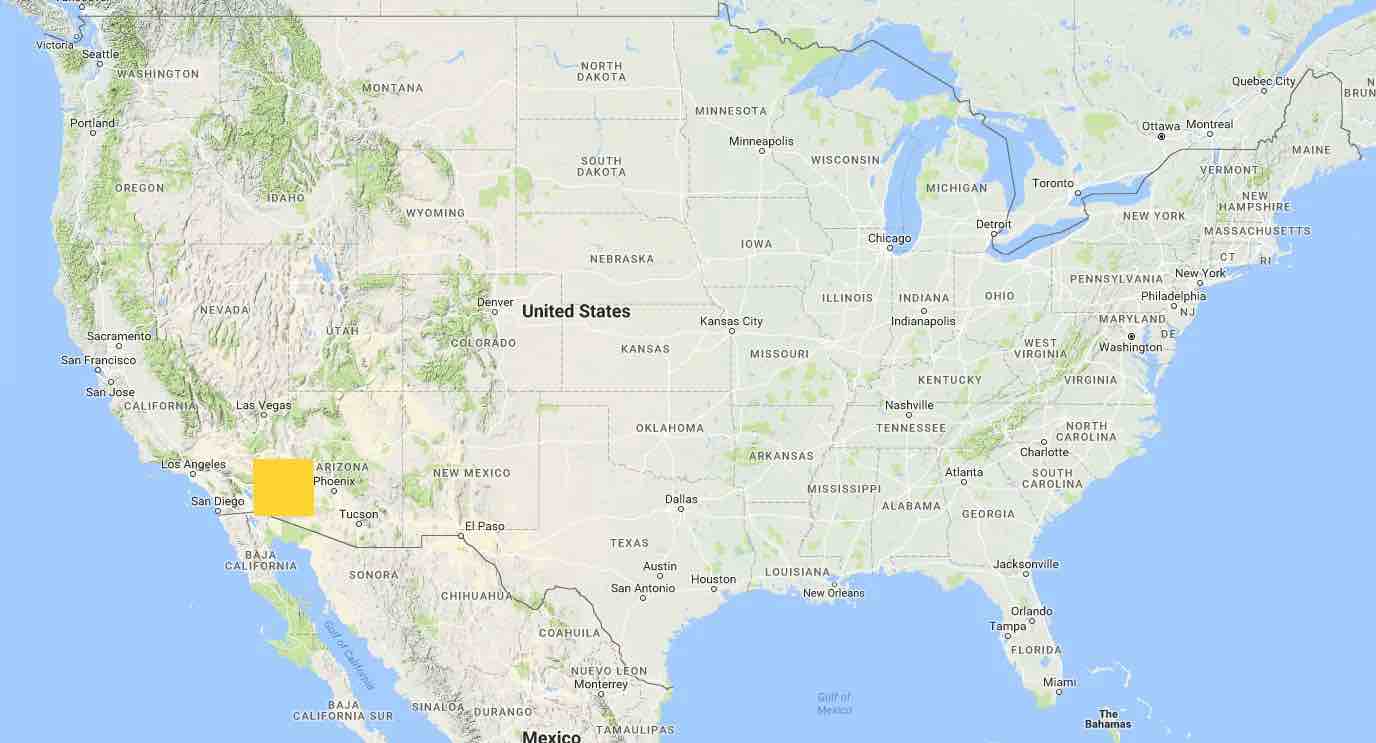Situation Today

There is a whole ocean of oil under our feet! No one can get at it except for me — Daniel Plainview.
Ivo Welch
December 31, 2021

Here now and cheap.
Existing infrastructure:
gas and oil is cheap to ship,
and easy to store.
Limited disaster potential:
Fossil fuels make great heat engines,
Hydrogen
Batteries
Nuclear
More details in next chapters.
Lighter but less dense (lower per m3)
Best for airplanes and ships far off the grid.
Will need new designs, but not terribly novel.
Flammable (better and worse than gasoline).
Similar but more corrosive than natgas.
Storable like natgas
Clean hydrogen costs about 10x as much as natgas
Who wants to pay “only” twice as much?
Think competitive industries.
Think Expedia airplane trips
Think shipping containers.
Better catalysts? Cheaper electricity inputs?
except when plant blows up.
Safest plants ever built, but not safe enough.
1 core melt-down per 4,000 reactor years.
Unknown problems always creep up.
Disasters can be terrible.
Hard to control human agency problem:
Make 100x profit using 5c screw as $5 screw.
Who will check later?
Screw changes risk from 1/100m to 1/99.99m.
How safe is safe enough?
Even overall, could make twice the profit allowing 1-in-3,000 over 1-in-4,000?
What company and manager wouldn’t want to outperform others and be promoted?
Inspect (or falsify reports)?
Watch HBO Chernobyl miniseries.
Human Operations Error:
we need nuclear plants where operator can no longer even intentionally blow up the plant,
no matter how hard they try.
Fossil fuels kill hundreds of thousands
every year, but not with big bangs,
and scary radioactivity.
Since 1960, nuclear has killed ≈ 100,
almost all in Chernobyl.
Devastation in Fukujima is from Tsunami, not from nuclear plant core meltdown!
Radiation is not as bad as public imagines it.
The Regulator’s Problem:
Companies that want to go to 1 in 3,000,
and know more than the regulators.
What does a bureaucrat get for:
Type-I error?
Type-II error?
wanna become famous? only one way…
Nuclear Regulatory Commission, 1975:
Need better regulation.
More regulation is not better regulation.
No new designs both completed and built
Some slightly better designs were finished.
About to change (Terapower Wyoming)
Completely different physics.
Power source of the sun, infinite supply.
Don’t drink the Cool Aid.
Ironically, economically just like fission:
very high fixed costs,
very low marginal costs,
near infinite supply of fuel.
Except
fusion plants cannot blow up, more like flame very difficult to sustain.
less radioactivity at end of life (EOL)
No panacea, but good to research.
Spent Fuel-Rod Disposal
but could be reused 1,000x more in breeder reactors, which no one wants to license,
and government has guaranteed disposal.
PS: Fossil Fuels have same problem,
but public does not seem to care as much;
much stronger lobby for fossil fuels!
Perfunctory: Feds collect nominal amounts.
Huge Fixed Cost: Think $20b/plant.
Think 10 years to build.
Could be obsolete at opening,
while suffering new regs along the way,
or be so unpopular as not to be licensed.
Very low energy density.
Never useful for heat.
Battery capacity on grid is tiny.
Think 10 minutes of storage.
Even hydro storage is much more.
Only useful for niche applications sofar.
Best and dominant technology
Very lightweight (great for cars)
We will cover batteries in the next chapter.
Even technologies working in the lab usually fail to work in the real world.
Fortunately, civilization has 20 draws.
R&D investment is large and risky,
Better to research, develop, or deploy now?
FUD. Attack critics.
Huge lobbying engine and political power.
Fossil fuels have enjoyed huge subsidies.
Think half-truths and non-sense:
mix liberally,
repeat often.
If it’s a lie, then we fight on that lie — Slim.
A lie ain’t a side of a story. It’s just a lie — Gus.
Blacken green alternatives
Point out unimaginably large numbers
Of course it’s big—including the problem.
Ignorant public is easy target.
(PS: also true for green proponents.)
Green Tech requires too much space:
Yes and no.
Space is not a constraint, except inside cities.
Think instead size of land for agriculture.

WSJ OpEd: Get ready digging.
Of course yes, but so do fossil fuels:
Real(istic) EOL consequences of fossil fuels have been terrible!
So are the ongoing local health effects.
Worst comes to worst, landfill wind turbines.
But critique is cosmically good

Cobalt, Lithium are in short supply.
Yes and No.
Cosmic Nonsense:
Just cheapest and best first solutions.
Chemistries will be much better and cheaper in 30 years.
Clean energy is indeed getting subsidies,
but not nearly as much as fossil fuels have gotten over the decades.
Fossil fuels are not easy to replace,
but they are not irreplaceable.
Technology alternatives to be explained next.